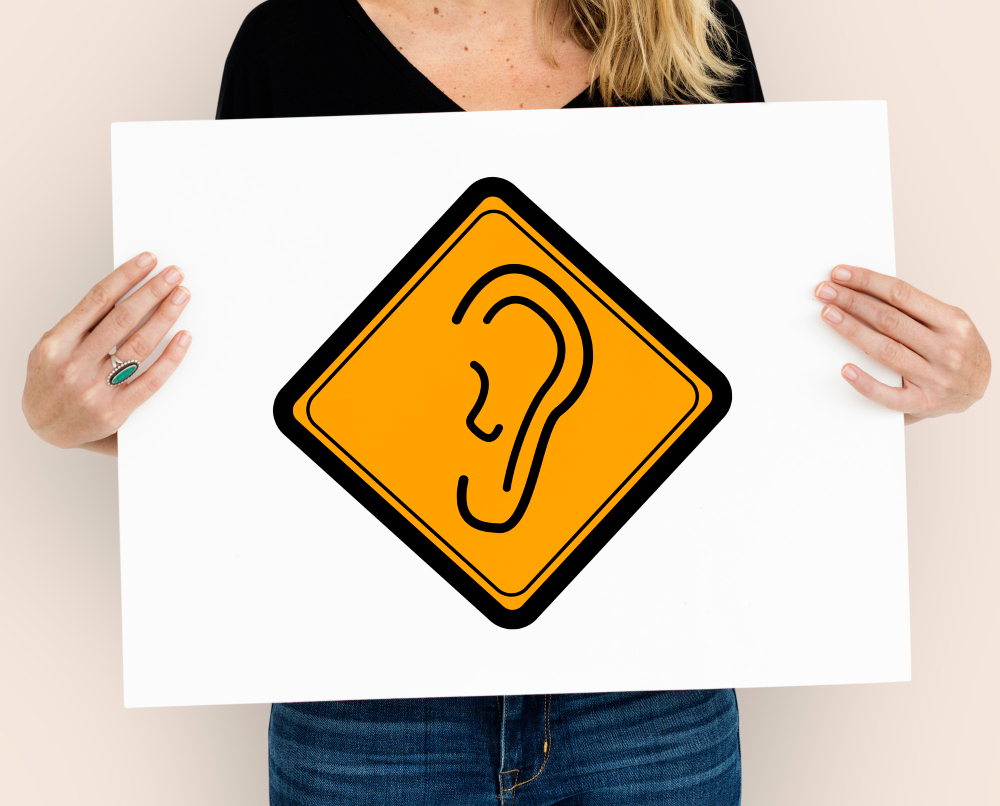Newsletter: September 2011
It may be hard to go through life without having a couple of mortal enemies, but is it worth it to compromise your well-being by holding a bitter grudge? Time Healthland reported chronic feelings of resentment can harm not just your mental wellness but also your physical health. After all, a happy man is a healthy man, no?
According to a book, Embitterment, there ought to be a separate diagnosis called post-traumatic embitterment disorder, for those unable to forgive people who have wronged them. This sullenness, like stress and depression, has harmful effects to one’s physical health, causing high blood pressure, elevated heart rate and increased risk of heart disease. In other words, the longer you take to let go of a grudge, the higher the likelihood of getting a ruptured artery.
Dr. Charles Raison, associate professor of psychiatry at Emory University School of Medicine, said the data reported is astounding. Raison also added the result of the research is “just as established as smoking, and the size of the effect is the same.”
Well, we are all susceptible to having feelings of bitterness every now and then. It is fine as long as it does not become a chronic problem.
Here are some ways to manage your anger and resentment before things start looking bleak.
- Vent to a good listening ear about the things bothering you.
(The idea is to let it out, and let it go). - Always remember you are not the only one in the world who has suffered a wrongful allegation.
(Over dramatising your situation does not make it better). - Consider a direct confrontation with the person who hurt you.
(Life is unfair, but it can be right. Tell the offender how he made you feel. Do take note that the point of the confrontation is not to attack the offender, but to communicate the exact thing he did that rubbed you the wrong way. Draft a script beforehand if you have to). - Realise you are only hurting yourself by holding a grudge.
(It is true that someone has hurt you, but it is ultimately your choice to either let go of the bitterness or keep up with it). - Attempt to see things from another person’s perspective.
(Instead of getting worked up over the nasty things someone has said to you, try figuring out why the person has said those things. Could it be that he is having a bad day and is probably displacing his frustrations on you?)
Empathy is key.
image from People photo created by rawpixel.com – www.freepik.com


